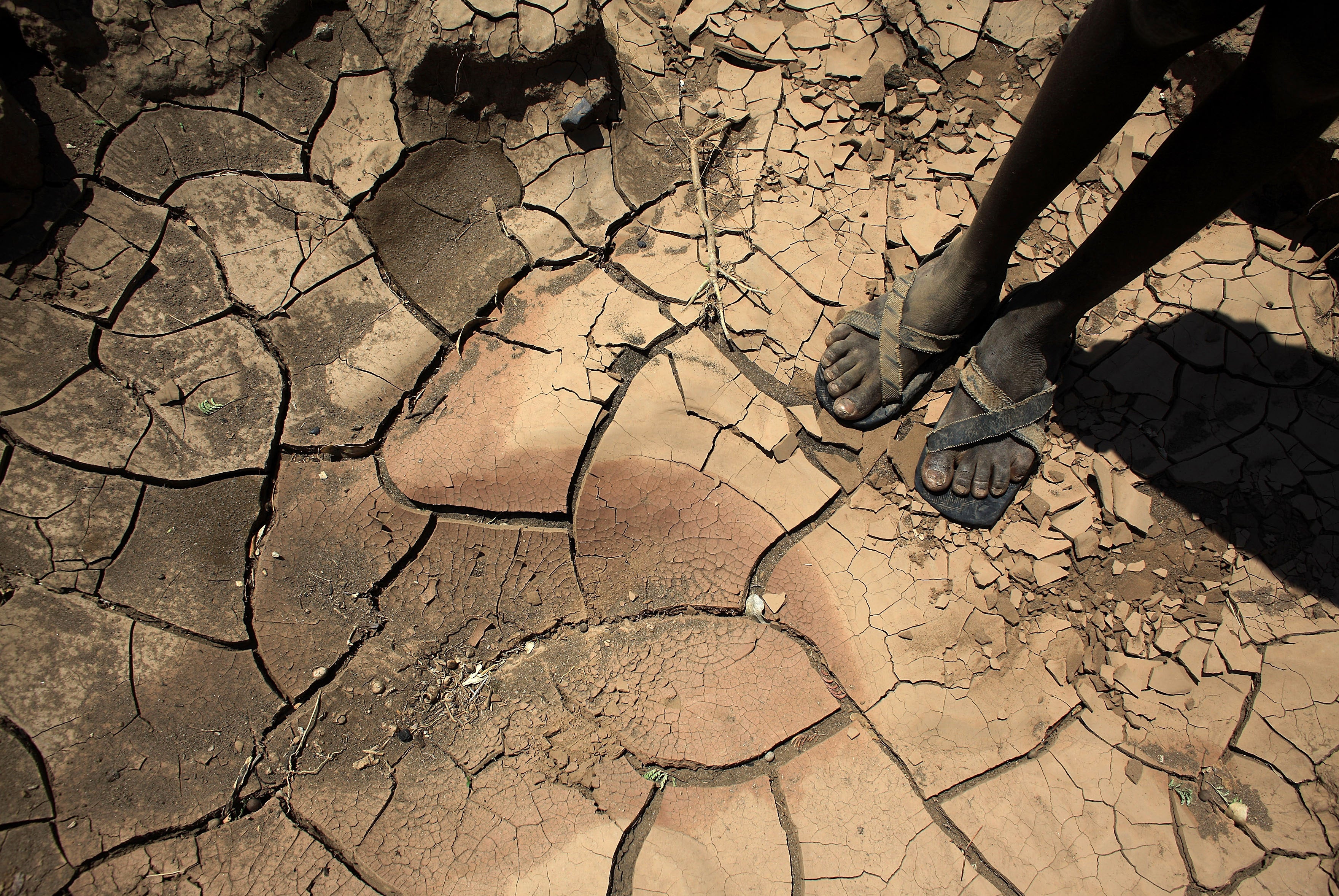Covid-19 gives governments a timely cover for action on climate
As the rich world emerges from the worst of the Covid-19 pandemic, it must learn lessons and ensure poorer economies are empowered to act on climate change, writes Phil Thornton


The coincidence of the start of England’s so-called Freedom Day and the unprecedented declaration of an extreme heat warning by the Met Office last Monday was a stark reminder of the twin threats facing the global economy – and the complexity of the task in front of governments.
The challenges posed by climate change and the Covid-19 pandemic are united by common characteristics: they are global in nature, mitigating them will bring benefits to all and none of us can be safe until all are safe.
The fatal floods in China, Germany and Canada this week were a reminder of the urgency.
At the heart of both are what economists call negative externalities: a cost incurred by someone who has no control over creating it. In both cases the negative externalities are huge and disproportionately impact the poor and deepen existing inequalities.
The pandemic put millions out of work, which could leave long-lasting scars on economies. Similarly, unchecked climate change will cause substantial economic damage, disproportionately hurting the poor and potentially triggering large-scale migration.
With the Cop26 climate summit to be held in Glasgow in fewer than 100 days, now is a good time for all governments – including the UK’s as the host and convenor – to draw on the successes and failures in dealing with Covid-19.
The good news is the public is more aware of the need for action on climate as a result of the pandemic. A poll conducted globally for the International Monetary Fund found 43 per cent were more worried about climate change now than before the pandemic.
This creates an important pivot for policymakers to enact bold reforms.
The first lesson from Covid-19 is that cross-border threats require an international, collaborative response instead of an individualist and nationalist one. Western countries such as the UK, the US and major EU countries have done well to design, procure and deliver vaccines. But while their vaccination rate is almost 80 per 100 people, it is just 4.6 in Africa where confirmed cases are at a record high.
On climate change, too, it is the western powers that have led the way. The European Union has set out how it intends to achieve climate neutrality in the EU by 2050. In the US, President Joe Biden has pledged to reduce greenhouse gas emissions by at least 50 per cent by 2030 and in the UK the government has committed to reduce carbon emissions by 78 per cent by 2035 with an ultimate goal of net zero carbon by 2050.
But poorer countries that have only recently started to share in the benefits of industrialisation the old powers have enjoyed for centuries will require help to mitigate their emissions. The issue is how to help them pay for that shift.
The wealthy nations made a commitment in 2009 to mobilise $100bn (£73bn) a year from public and private sources by 2020 to help developing countries cut emissions and cope with climate impacts. Yet they are still more than $20bn short according to the latest data from the OECD.
The UK has said rich nations must use Glasgow to “demonstrate now how they will scale up climate finance to meet their commitments”. It is fair to say poor countries need money rather than demonstrations and certainly the UK’s decision to cut overseas aid by about a third, from 0.7 per cent of GDP to 0.5 per cent, has not helped.
The second danger is short-termism. On the pandemic, the UK failed on that count (although it was not alone) by not reading the signals from Italy and locking down early.
When it comes to climate change, business and consumers want to see a clear plan for both reducing emissions and raising the money needed to fund mitigation and adaptation.
This, too, is something that countries can achieve in Glasgow. The Office for Budget Responsibility says that based on an “early action” scenario in which action is taken globally from now, the investment needed to assist the transition to net zero will add the equivalent of 21 per cent of GDP to public debt over 30 years.
However, the gains from taxing carbon more heavily are sufficient to cover the costs of public spending on net-zero investments. The good news is that, again according to a survey, six out of 10 Britons are in favour of a tax on carbon.
The IMF has a plan it is putting to its 190 member countries to create an international carbon price floor to push the cost of emissions that users must pay to around $75 (£54) per tonne by the end of the decade, up from just $3 a tonne now. It would start with the six biggest emitting zones – Canada, China, European Union, India, UK and US – and includes the idea of a fund of, say, $10bn (£7bn) a year to compensate developing member countries.
Timing is everything and the eagerness among people scarred by Covid-19 to act on climate means that failure in Glasgow would be a bad miss.
Join our commenting forum
Join thought-provoking conversations, follow other Independent readers and see their replies
Comments
Bookmark popover
Removed from bookmarks